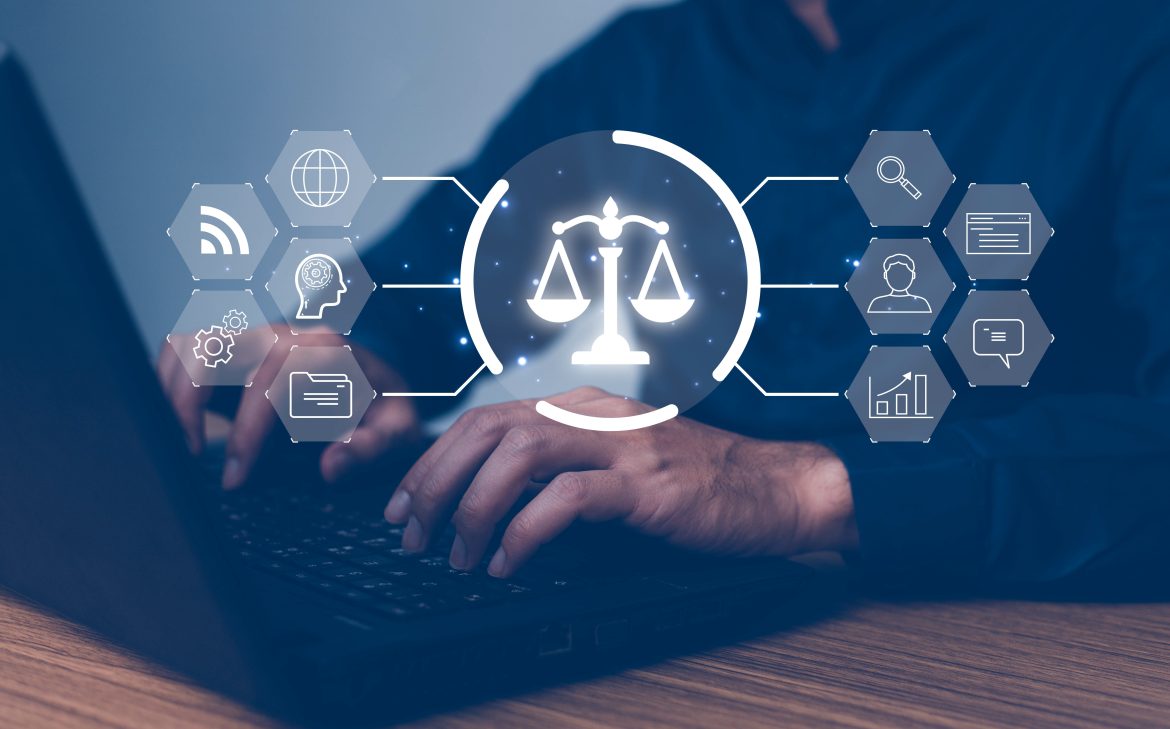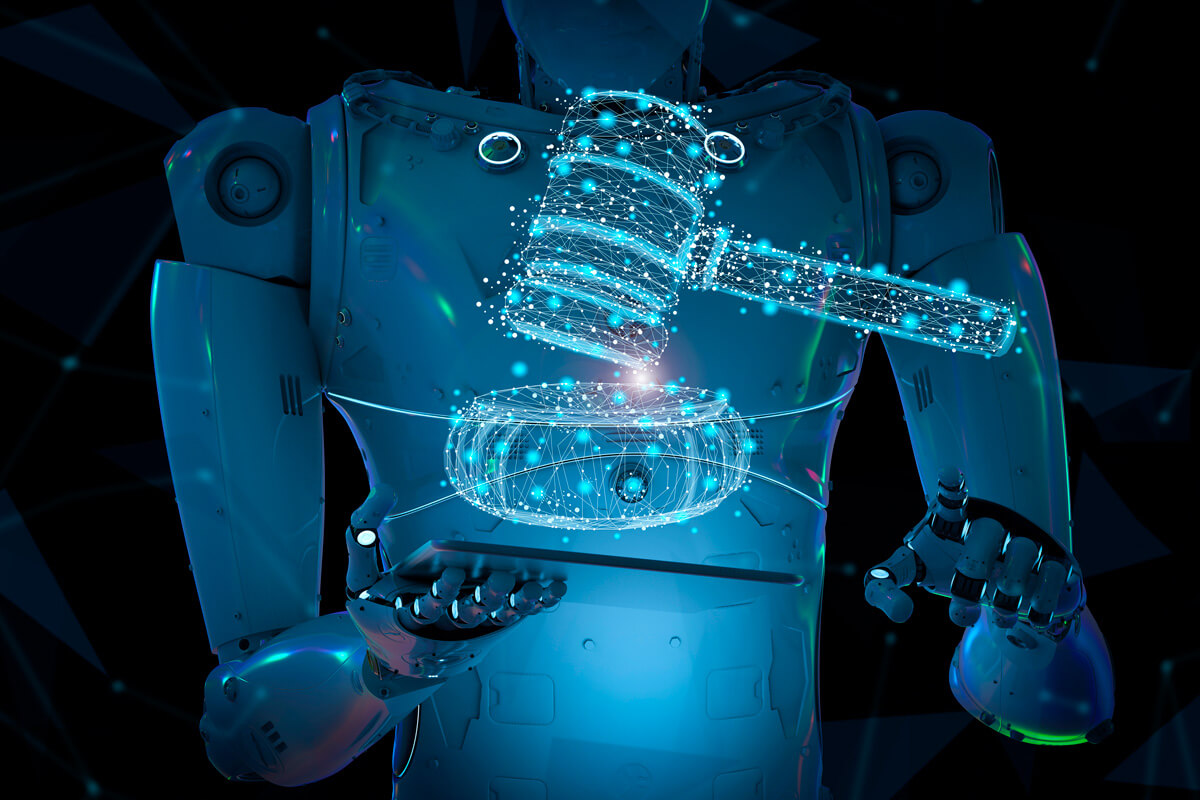Artificial Intelligence (AI) is reshaping the legal industry by automating routine tasks, enhancing decision-making, and improving access to legal information. Understanding the key applications of AI in law can help legal professionals, firms, and clients benefit from faster, more efficient legal services.
How is AI Used in the Legal Industry?
AI in law involves using machine learning, natural language processing, and data analytics to support legal processes. These technologies assist in streamlining legal research, contract analysis, case prediction, and client management, allowing lawyers to focus more on strategy and advocacy.
Key Applications of AI in Law
Legal Research Automation
AI-powered tools can quickly sift through vast legal databases to find relevant cases, statutes, and precedents. This significantly reduces research time and improves the accuracy of legal arguments. Platforms like ROSS Intelligence and LexisNexis use AI to deliver precise research results in seconds.
Contract Review and Analysis
AI systems can efficiently review contracts, identify risks, highlight key clauses, and ensure compliance with regulatory standards. This speeds up the due diligence process and helps prevent costly legal oversights.
Predictive Analytics
AI can analyze historical case data to predict the likely outcomes of ongoing cases. This helps lawyers develop stronger case strategies, assess litigation risks, and offer clients more informed advice based on data-driven predictions.
Document Generation
AI can automate the creation of standard legal documents, such as NDAs, employment agreements, and wills. This reduces manual drafting time, increases consistency, and ensures that essential legal language is included.
E-Discovery
AI enhances electronic discovery (e-discovery) by quickly analyzing large volumes of digital evidence. It can sort through emails, texts, and files to find relevant information, helping lawyers build stronger cases while reducing review costs.
Legal Chatbots
AI-driven chatbots are now assisting law firms in handling basic client queries, providing initial legal guidance, and scheduling consultations. These chatbots improve client engagement and free up lawyers for more complex work.
Compliance Monitoring
AI can continuously monitor business practices and regulatory changes, ensuring organizations remain compliant with evolving laws. This is particularly useful in highly regulated industries such as finance, healthcare, and data protection.
Considerations When Using AI in Law
While AI improves efficiency and accuracy, there are important factors to keep in mind:
- Data Privacy: Legal data is sensitive. AI systems must comply with strict confidentiality and security protocols.
- Bias in Algorithms: AI tools must be carefully designed to avoid replicating biases present in historical legal data.
- Human Oversight: AI should assist, not replace, human judgment, especially in areas requiring nuanced interpretation or ethical considerations.
Conclusion
AI is revolutionizing the legal profession by automating time-consuming tasks and enabling smarter, faster decision-making. From contract review to case prediction, AI enhances the capabilities of lawyers while improving client services. However, responsible and ethical integration is essential to ensure AI supports the law without compromising fairness, privacy, or professional integrity.







Leave feedback about this